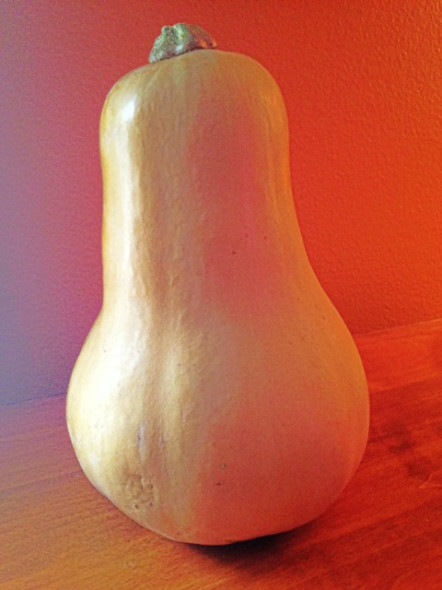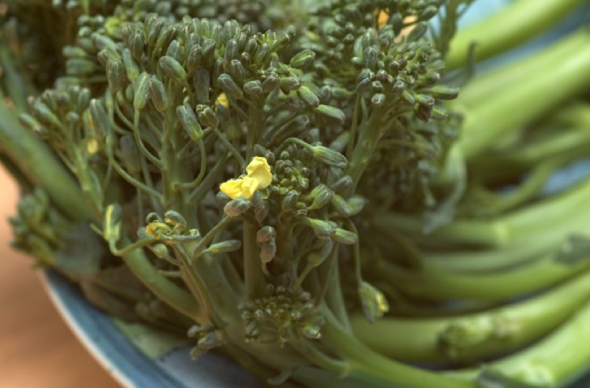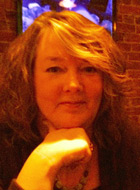 For Dominie Anne Cappadonna Ph.D. CT, death has had an immediacy since birth. Born in the “womb of war” as Pearl Harbor raged, Cappadonna has been repeatedly “informed” by global dying. She grew up in a medical family in a Children’s Hospital, co-created the first holistic medical team in the world in refugee medicine and worked in the Killing Fields of Cambodia, and recently she both suffered and embraced the loss of both her parents, her husband, and many friends within a few years.
For Dominie Anne Cappadonna Ph.D. CT, death has had an immediacy since birth. Born in the “womb of war” as Pearl Harbor raged, Cappadonna has been repeatedly “informed” by global dying. She grew up in a medical family in a Children’s Hospital, co-created the first holistic medical team in the world in refugee medicine and worked in the Killing Fields of Cambodia, and recently she both suffered and embraced the loss of both her parents, her husband, and many friends within a few years.
“Given multiple deaths in a short period of time, I knew that my work as a Transpersonal Psychotherapist, Chaplain, and mentor needed to more fully engage our important teacher, Death itself,” she explained. So, Cappadonna trained and became internationally certified as a Thanatologist: a death, dying, and bereavement educator.
“The subject matter of death and dying concerns us within the Bardo of life itself and appears inescapably intertwined, coemergent with LifeDeathLife,” said Cappadonna. “So I feel our conception and birth to be our invitation to engage consciously with this natural moment to moment occurrence. With each breath, as they say, we experience a life enhancing inhale, a quiet pause of abiding and a ceasing of the breath of life as we exhale. So intrinsic. At one point we will inhale and exhale for the last time.”
Cappadonna is teaching a May 10-12 Befriending Small Deaths–Big Deaths at Shambhala Mountain Center. We recently asked her a few questions about her fascinating life, about “small” and “big” deaths, approaching death with curiosity, and the workshop she will soon teach.
SMC: Tell us about your early experiences with death.
DC: I grew up in a medical family in a Children’s Hospital, at a time where there was no HIPA and I was free to visit children in the medical units in their wide spectrum of healing. Many of my friends were children I met in their healing time. We continued in friendship after they went back home. Some of my hospital companions died. Death was kitchen-table conversation. I knew I could die as a child, and at any age. Death was treated with respect as a natural process in our family, and I was held securely in this knowledge.
SMC: Tell us a bit more about your work with refugee medicine.
DC: We worked in the Killing Fields with 150,000 Cambodian refugees in a United Nations camp on the Thai border. I also worked inside a camp of Khymer Rouge. As a humanitarian, I practiced being with humans with wounds beyond label of friend or enemy. Our team brought back Cambodian families, and they have taught me a great deal about the resilience of our human Spirit.
SMC: What are small deaths?
DC: ‘small deaths’ are daily and numerous. Death of dreams, hopes, visions, viewpoints, emotional states, events such as losing work, breaking up, aging, loss of anything dear to us. What I ‘thought’ would arise or fall away and more. It can be the smallest thing, like the death of a pen. I’ve shifted from using a pen in my appointment book to using a pencil to honor the impermanence of things!
SMC: What does it mean to approach death with curiosity?
DC: To recognize our cultural tendency to deny or avoid death, to take death out of it’s natural place in the circle of life. To approach death with curiosity suggests to respect the reality of what we see around us and know for ourselves directly. Respect at it’s Latin root means: “to look again and again.” Looking at big deaths~small deaths allows us to be present and alive to this moment and appreciate this generous opportunity of being alive to learn and grow.
SMC: What sort of spiritual skills does one need to be fearless in the face of the unknown?
DC: There are a number of spiritual skills in all wisdom traditions which offer tools of courage, and which engage our body, mind, emotions, and spirit. I will offer some that have a Buddhist basis and are universal in nature.
SMC: Is there anything I’m not asking you that you want to share with me regarding your retreat?
DC: It is a rare privilege to meet within the Great Stupa. The generating field of this world peace center creates a resonant field of profound wisdom, fearlessness, joy, and compassion as our vessel for learning and Being. To be so held within, as well as roam out in the lush fields of spring surrounding the Stupa, cultivates a spaciousness and warmth that expands our conscious awareness of ‘never born, never die’ in an essential way.
Sign up for Cappadonna’s weekend retreat!






